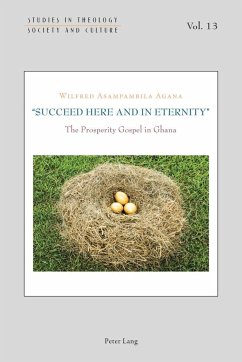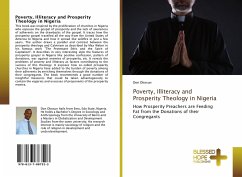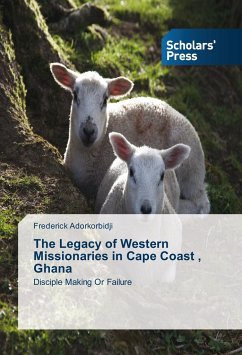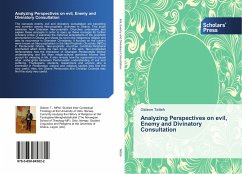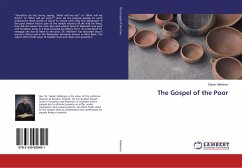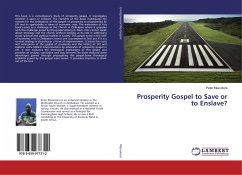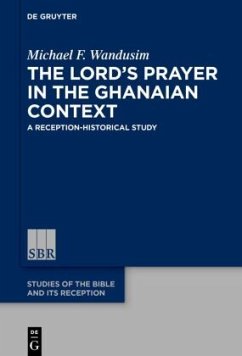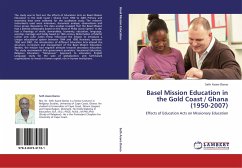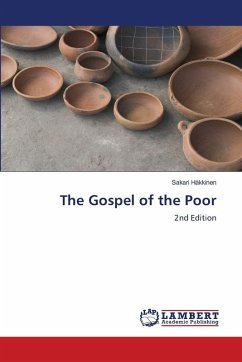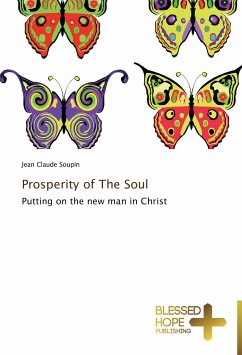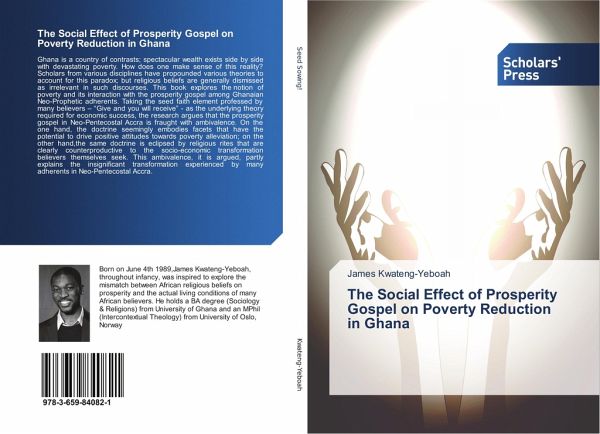
The Social Effect of Prosperity Gospel on Poverty Reduction in Ghana
Versandkostenfrei!
Versandfertig in 6-10 Tagen
45,99 €
inkl. MwSt.

PAYBACK Punkte
23 °P sammeln!
Ghana is a country of contrasts; spectacular wealth exists side by side with devastating poverty. How does one make sense of this reality? Scholars from various disciplines have propounded various theories to account for this paradox; but religious beliefs are generally dismissed as irrelevant in such discourses. This book explores the notion of poverty and its interaction with the prosperity gospel among Ghanaian Neo-Prophetic adherents. Taking the seed faith element professed by many believers - "Give and you will receive" - as the underlying theory required for economic success, the researc...
Ghana is a country of contrasts; spectacular wealth exists side by side with devastating poverty. How does one make sense of this reality? Scholars from various disciplines have propounded various theories to account for this paradox; but religious beliefs are generally dismissed as irrelevant in such discourses. This book explores the notion of poverty and its interaction with the prosperity gospel among Ghanaian Neo-Prophetic adherents. Taking the seed faith element professed by many believers - "Give and you will receive" - as the underlying theory required for economic success, the research argues that the prosperity gospel in Neo-Pentecostal Accra is fraught with ambivalence. On the one hand, the doctrine seemingly embodies facets that have the potential to drive positive attitudes towards poverty alleviation; on the other hand,the same doctrine is eclipsed by religious rites that are clearly counterproductive to the socio-economic transformation believers themselves seek. This ambivalence, it is argued, partly explains the insignificant transformation experienced by many adherents in Neo-Pentecostal Accra.



